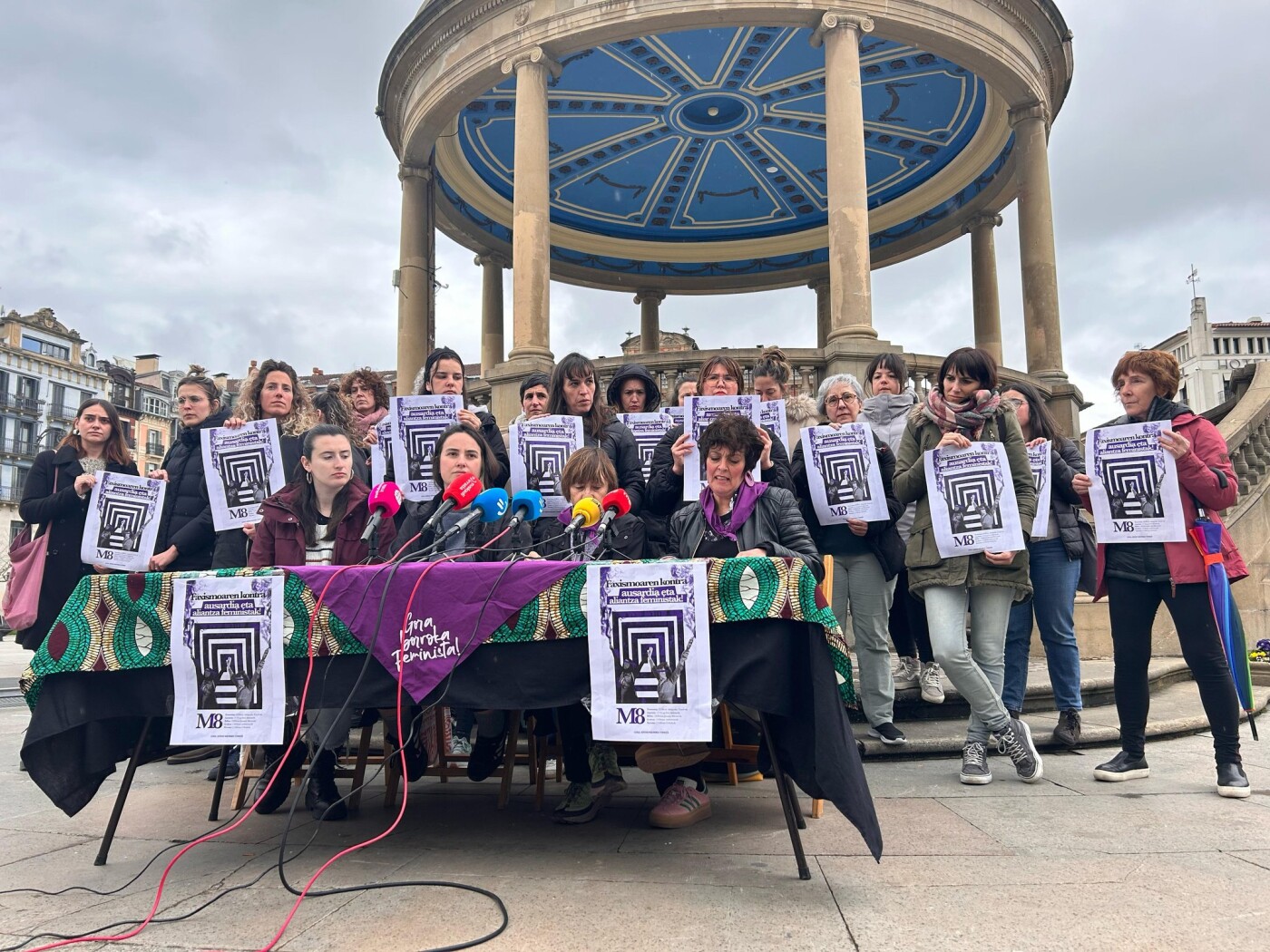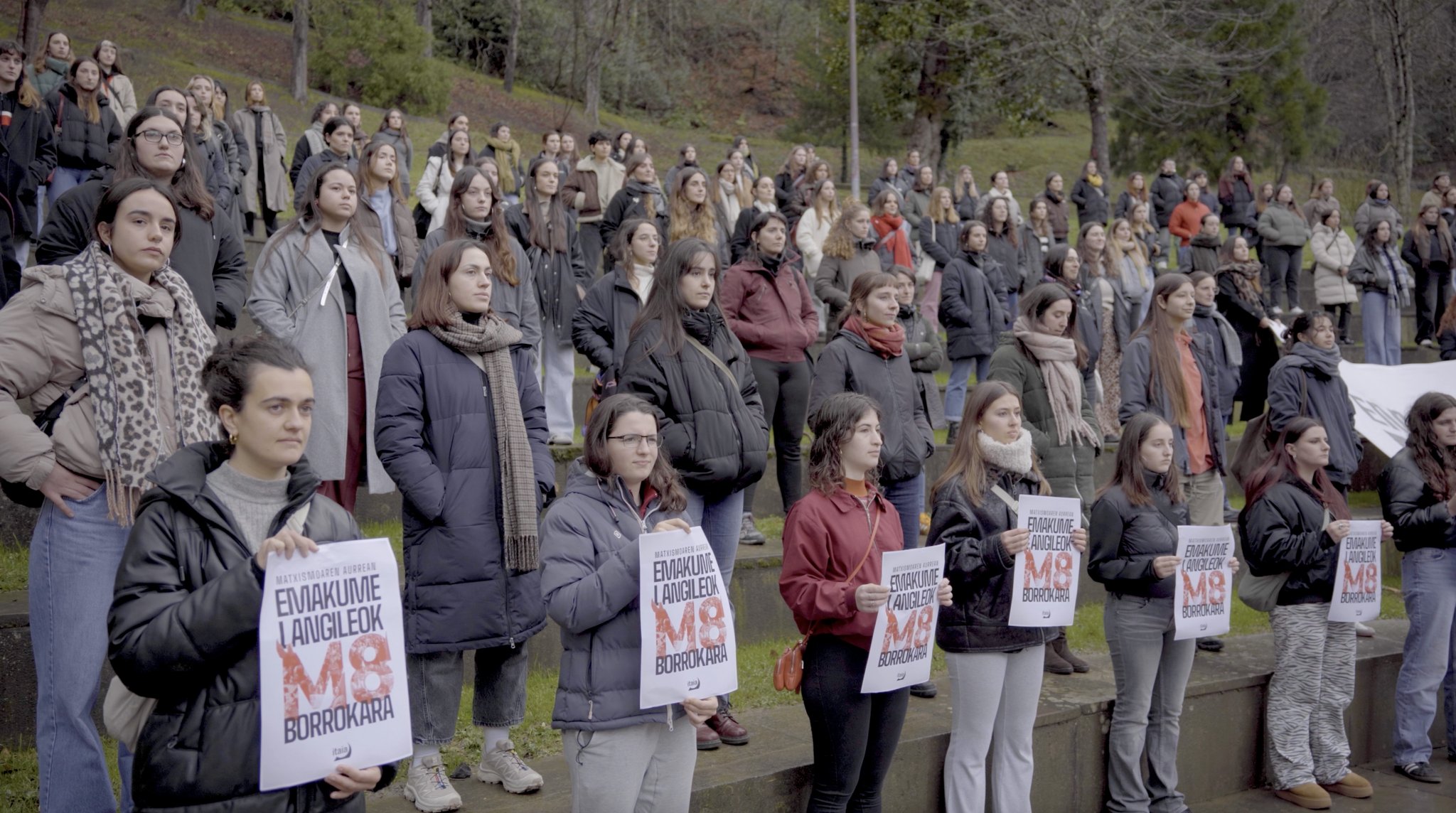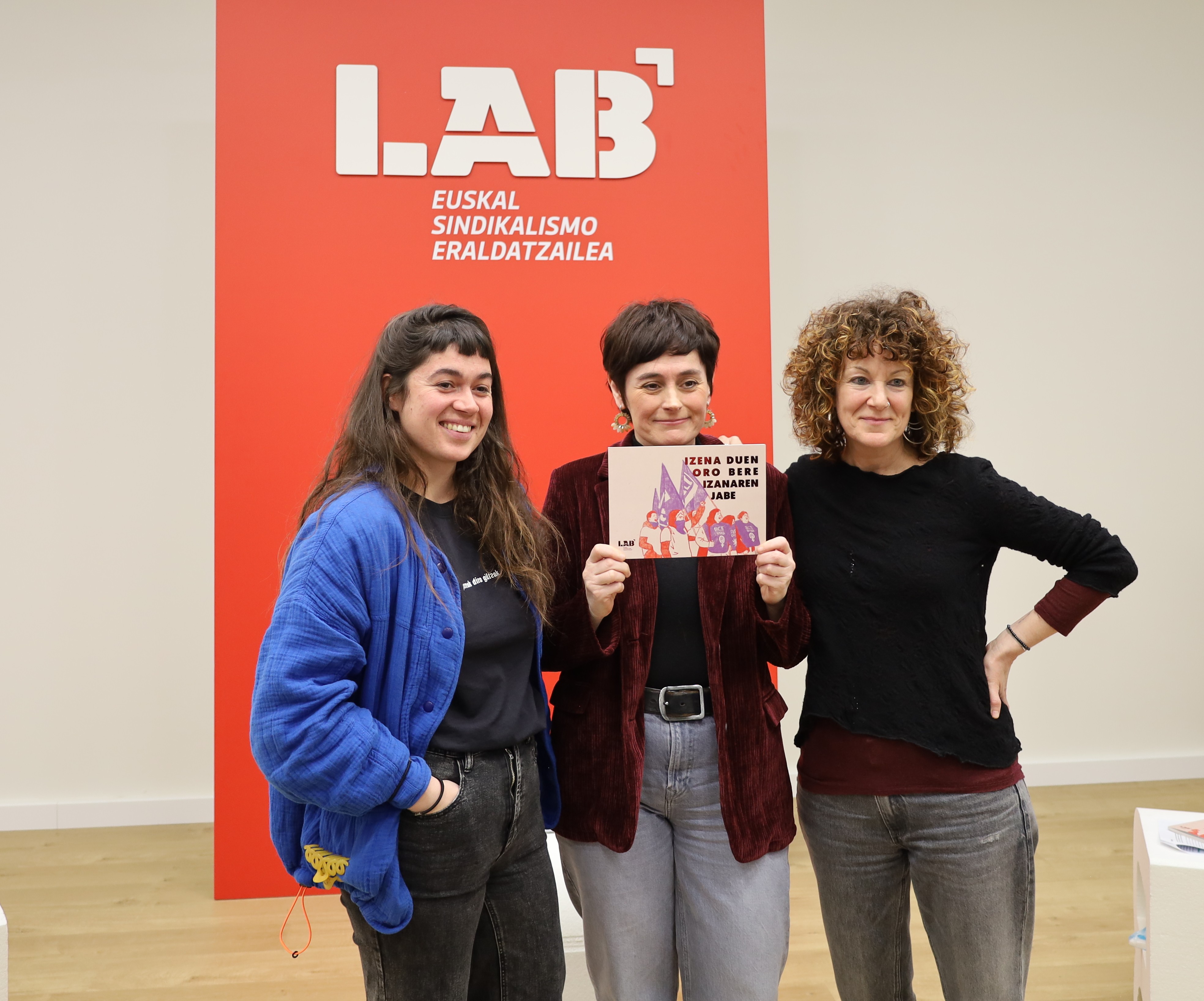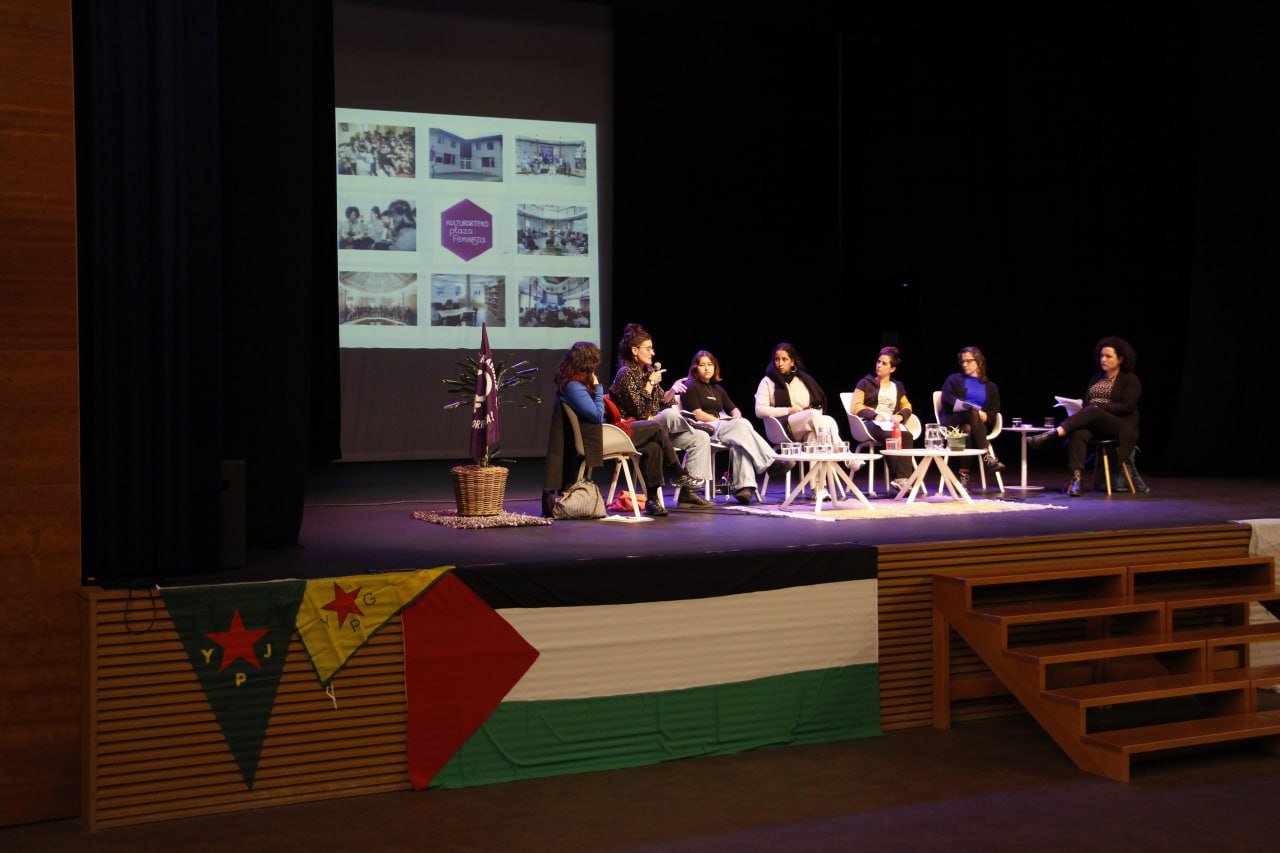"What has been done is that a few privileged women have moved from one place to another."
- Nancy Fraser is an American politician and feminist. In her opinion, only a part of women has managed to get power. They compete with men and imitate men's attitudes. The structure remains: economic production and social reproduction have not been combined.
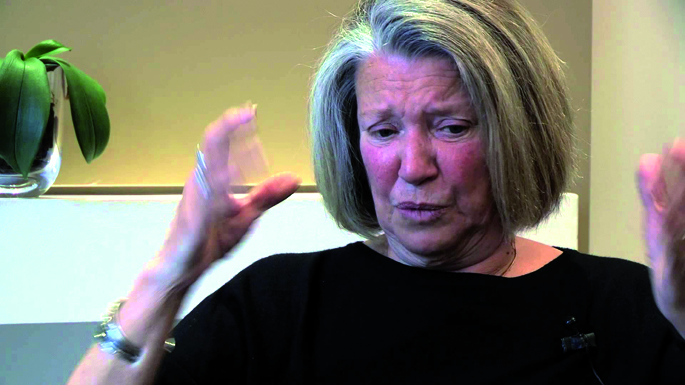
Nancy Fraser is interviewed by Mariana Vilnitzky in the journal Economic Alternatives (September 2014) and the next is the translation of a part. The original can only be obtained on paper.
P. Historian Thompson mentioned women who were already complaining about double work (at home and abroad) before the Industrial Revolution.
That has been the case throughout history. In a period of emergency men fought and in some cases got the so-called “family wage”. It served to support the whole family. Women didn't have to go to work to make money. The working class wanted that and fought for it. But it has been an exception.
Anyway, there does not seem to be a favorable attitude towards women…
Of course not. It was a form of male domination and female subordination. Workers in England, the United States, France and other countries received great support. But it was an exception. Women have always had a double job. They work and work to contribute to the family budget.
Is there any place in the world where women have been able to be liberated from this dependence?
I do not think it has been achieved. The types of inequality may vary from country to region. In South Asia, in some countries, women are also forced to go out into the streets, it's a very old way of understanding patriarchy, although things are changing. There are also very modern forms of subjugation, more through structures than through the prohibitions of the father or husband. In the United States, we have a modern form of submission, double work, more and more frequently three or four jobs because of the economic situation. Many women in precarious conditions have more than one job. Many do ten hours in McDonalds, another ten hours in Wallmarte, in so many other stores. They're part-time and part-time jobs.
Is there light at the end of the tunnel?
Hope is in the capacity of social struggle. It will not occur automatically. Change is in our hands. Feminism has eras, live and slower times. Today, radical feminism is standing still, and instead we have liberal feminism. I think that feminism creates problems, it's inadequate.
Why?
Very privileged professional women, high educational level, highly qualified, who occupy the highest positions in the corporate and military world are empowering, in other words, “the glass ceiling is breaking”. Reach the top, compete with men, in the way of men.
Type of “masculinized” power…
We say that they become “socially masculine.” This kind of feminism has strength in the United States, England, in many parts of the world. They're like Christine Lagarde, who runs the International Monetary Fund. But if the IMF leaves out a part of the world with structural and political adjustments, and if women do, that is not progress.
There does not seem to be much room for policies that will focus on reproduction, in a world that is fully organised for production.
Unfortunately, women in power work the same way as men. The company, lawyer or medicine. And you don't have time to bleach, wash the dishes, prepare the meals, clean the bathtubs, change the packages… Somebody else will do all that work.
Another woman?
In most cases, immigrant women, brunettes, from poor, rural countries. It is common for this woman to have a very low wage to take care that she has left her children or someone poorer than her. These women, whom I referred to at the beginning, are successful on them. The history of production is eternal, it is built upon reproduction. What has been done is that a few privileged women have moved from one place to another. But the structure has not changed.
How can you change the structure if everything around us is organized differently? How to say: “I’m going to four because at five I have to pick up the child at school” and don’t stay behind, if nobody does the same (and of course their father doesn’t)?
The example you have given is the vision of a person who lives and must fight in the structure that we now have. What if there was a political movement that said that “this working structure is not fair and needs to be changed”? We would refer more to the redesign of the structure of associations and movements than to the individual struggle.
Do you know any examples?
Some. It's not perfect, but there were some attempts. The Communist countries tried to do something different. It was not necessarily good, but some progress was made with regard to capitalist countries. In Latin America there are cooperative movements of social economy and solidarity. Cooperative models are being organised for the distribution of works that integrate social reproduction into economic production. People are trying.
Martxoaren 8a hurbiltzen ari zaigu, eta urtero bezala, instituzioek haien diskurtsoak berdintasun politika eta feminismoz josten dituzte, eta enpresek borroka egun hau “emazteen egunera” murrizten dute, emakumeei bideratutako merkatu estereotipatu oso bati bidea... [+]
Martxoak 8a heltzear da beste urtebetez, eta nahiz eta zenbaitek erabiltzen duten urtean behin beren irudia morez margotzeko soilik, feministek kaleak aldarriz betetzeko baliatzen dute egun seinalatu hau. 2020an, duela bost urte, milaka emakumek elkarrekin oihukatu zuten euren... [+]
Gazteagotan baino lotsa handiagoa dauka, baina horrek ez dio saltsa askotan ibiltzeko gogoa kentzen Leire Zabalza Santestebani (Iruñea, 1990). Beste gauza askoren artean, Motxila 21 musika taldeko kidea da. Nabarmendu du musika gauza asko aldarrikatzeko bide izan... [+]
Martxoak 8aren izaera iraultzailea berreskuratzeko deia egin du Itaia emakumeen antolakunde sozialistak. Irene Ruiz Itaiako kideak azaldu digunez, “oldarraldi erreakzionarioaren eta matxismoaren aurrean proposamen iraultzailea hauspotu eta kontzientzia sozialista... [+]
Miopia gero eta gehiago eta gero eta lehenago ari da garatzen, eta horren arriskua da dioptriak gehitzen joatea eta helduaroan begiari lotutako hainbat gaitz izateko aukerak dezente handitzea. “Eguzki-argia jasotzea inportantea da, eta denbora asko ez igarotzea oso gertu... [+]
Martxoaren 8an kalera ateratzera deitu ditu herritarrak mugimendu feministak, "desberdinkeriek bere horretan" dirautelako. Zapalkuntza mekanismo berriak agertu direla salatu dute, eta feminismoa "ezkerreko borroken erdigunera" eramateko beharra aldarrikatu.
Istorioetan murgildu eta munduak eraikitzea gustuko du Iosune de Goñi García argazkilari, idazle eta itzultzaileak (Burlata, Nafarroa, 1993). Zaurietatik, gorputzetik eta minetik sortzen du askotan. Desgaitua eta gaixo kronikoa da, eta artea erabiltzen du... [+]
This wedge that the announcement on the radio Euskadi to replace the bathtub with a shower encourages the commencement of the works in the bathroom of the house. A simple work, a small investiture and a great change are announced. There has been a shift in toilet trends and a... [+]
Zalantza asko izan ditut, meloia ireki ala ez. Ausartuko naiz, zer demontre! Aspaldian buruan dudan gogoeta jarri nahi dut mahai gainean: ez da justua erditu den emakumearen eta beste gurasoaren baimen-iraupena bera izatea. Hobeto esanda, baimen-denbora bera izanda ere, ez... [+]











